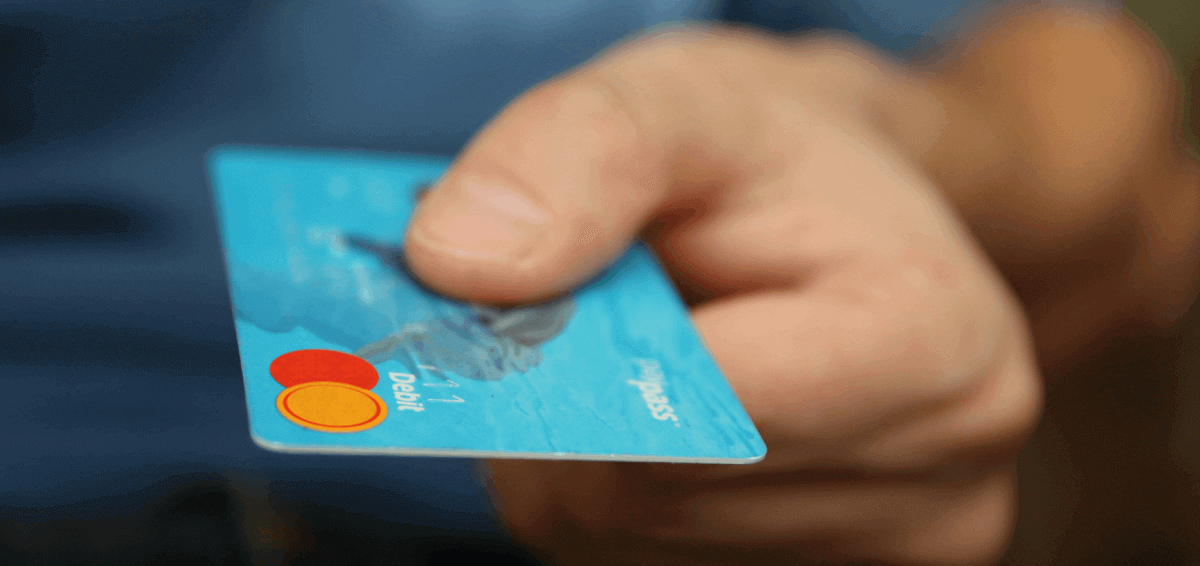Customer Loyalty
We’ve all heard the term Customer Loyalty, and we all no doubt have our own idea of what Customer Loyalty means. It is arguable that for some it is held up as the holy grail of marketing, and not without good reason.
However, in reality when one begins to dive into the subject, the individual understanding of what constitutes customer loyalty can vary surprisingly and, in an economy that to the uninitiated appears to promise easily purchased solutions from a raft of sources guaranteeing all kinds of super-quick ROI, it is a mistake all too frequently made to assume that customer loyalty can somehow be bought.
Let’s nip that in the bud right now.
It can’t.
Customer loyalty is doggedly old school. It is that most tricky of things about your relationship with a customer. It is earned. In fact, more than that, it MUST be earned.

Attention grabbing campaigns, such as discounts and deals, in and of themselves, can be a feature of attracting, landing and to some degree even retaining customers. But they do not inherently foster customer loyalty in themselves.
Just like you, your competitors can undercut your discounts and offer better deals short-term. Indeed, they will.
But it is customer loyalty that will bring those customers back to you when your competitor’s deal runs out. And if you’re really, really good, it will even prevent that customer from paying serious attention to those competitor deals in the first place.
Why?
Because customer loyalty is driven by emotion, more specifically a consistently positive emotional experience with your brand. This experience is so much greater that the sum of its parts. A fantastic product is great, but it will not be enough to foster loyalty on its own, nor will world-class customer service do so without a product to match.
Customer loyalty develops from the emotional experience an individual has with your brand, from end-to-end. Should you manage to successfully knit the personal, ethical and value elements of the relationship together in an emotionally cohesive experience, customer loyalty will follow and, by default, drive up both the perceived and actual value of your brand.
Take a moment to think about your own personal loyalty traits. Who are those to whom you are most loyal and what is it that you value the most in your relationships with them?
It is more than likely that your answer to the first is family and friends, and to the latter, a sense of trust and understanding of both who you are and what you yourself value and need.
This creates a bond, a genuine, personal investment in your brand and your product that goes over and above mere price.
It builds trust, which in turn builds customer loyalty.
Why is fostering customer loyalty so important?
This really is Marketing 101.
Retaining customers is exponentially less expensive than acquiring new ones. And returning customers that are emotionally invested in your brand are likely to spend more with you than a client coming to you for the first time.
Building customer loyalty and delivering an excellent customer experience are essential to your continued success. Some significant findings in research collated by Small Business Trends make a compelling case for the importance of building customer loyalty:
- The probability of selling to an existing customer is between 60-70%, whilst to a new prospect it is only between 5-20% (Marketing Metrics)
- 80% of future profits are likely to come from 20% of your existing customers (Customer Thermometer)
- 65% of a company’s business comes from existing customers
- Repeat customers spend at least 33% more than new ones
Of course, it should not be underestimated that cheaper pricing was a key reason (31%) for switching brands according to research conducted by Verint in 2016. However, other data from KISSmetrics demonstrates that this price factor comes in tandem with the fact that customers (71%) ended their relationship with a company due to poor customer service.
What we cannot ignore is the simple truth that all the findings consistently show that a cohesively excellent experience with all aspects of your business is essential in building customer loyalty for your brand:
- 82% of consumers in the US said they stopped doing business with a company due to poor customer experience
- 66% of customers that switched companies did so due to poor customer experience
- 68% percent of customers will do business with a company again if it deals with a customer service issue fairly, even if the result is not in their favour.
- 47% of customers would take their business to a competitor within a day of experiencing poor customer service. (24/7)
And most importantly perhaps in the context of this article:
- 80% of businesses rely on email marketing for customer retention and building customer loyalty (WBR Digital)

How do I foster customer loyalty?
Well, there are a number of factors involved in this, but it does not have to feel like rocket science, because it really isn’t.
Of course, as we alluded to earlier, the basics need to be covered; your product needs to be suitably priced, competitively relevant, and deliver superior value against customer expectations. However, these are just the foundations of building customer loyalty. To do so effect you must deploy all your talents in creating that cohesive, emotionally engaging and consistent customer experience.
You could do worse than consider the following five elements that we at MarketingPlatform believe are critical to building customer loyalty:
Customer service
This is about “walking the talk” with your customers. How you deal with your customers and their needs, both positive and negative, is essential. The sun does not always shine, and in the very best of organisations, resolving a negative situation fairly and positively can play to your advantage considerably. In fact, it can be responsible for actually building customer loyalty.
Personal relationships
Remember that even in the ecommerce environment, the relationship you are building with your customers is personal, there is a human being in all their complexity at the other end of all your interactions. How you communicate with them on all levels and across all touchpoints will make or break the bond of trust between you and your customers.
Where your relationship cuts across both online and the world of bricks & mortar this is amplified even further. Keeping this experience consistent in both tone of voice and delivery will directly affect how you are perceived and trusted by your customers.
Reputation & Community
Your brand, and your customers’ loyalty to it, is so much more than just the product. Nowadays especially it is as much about how your product comes to be. Your financial, HR, and sourcing practices are also in the spotlight.
How you come over against these metrics will play strongly to your advantage, or disadvantage. As will the impression you give of your place in the community.
Does your brand stand for something greater than just the bottom line? What is it that you believe in, and how do you demonstrate that commitment?
Remember, customer loyalty is built on emotion. Give your customers a reason to believe in you that goes beyond just price, and you will win not just a customer, but an advocate for your brand.
Make it easy
How do your customers reach you? When can your customers reach you? Consider the fact that the perception of customer service from your brand is built on more than just online chat or call-centre services.
Your social media presence and whether you have made it possible your customers to reach out and ask questions in these channels is also vitally important.
Just be careful if you have done so, your response times reflect your commitment to servicing the customer’s needs in a timely and efficient manner. And be sure to moderate the content that appears on your channel – but do so fairly. Again, to be seen to be dealing with complaint efficiently, in good humour, and even-handedly can work wonders for your reputation and customer loyalty.
Reward your customers
According to CrowdTwist 76% of men and 72% of women are likely to shop at a business that offers a loyalty programme. Customers love to feel appreciated, and given that they’ve chosen you over your competitors, it is not unreasonable to reward your customers with a loyalty program.
However, that programme need not be onerous to set up and run. You should be as inventive as possible, creating rewards that are in line with your product and brand values. Also, you should remember that rewards do not always need to be financial. They can be experiential in nature too or come in the guise of gamification – a subject we will discuss in more detail elsewhere.
Show loyalty to your customers, and they will show loyalty to you.
Communication, communication, communication
Ultimately, customer loyalty is built on the how, when, and where you communicate with your audience, it’s what you say to them, and the manner in which you back that up with both your product and customer service.
If you combine all these factors together successfully, if you are genuine, fostering a sense of empathy, you will be well on the way to creating a growing and engaged audience of customers that are not only loyal but genuine advocates for your brand.
